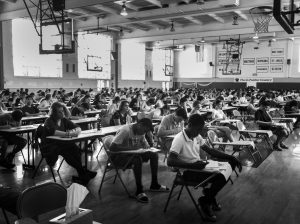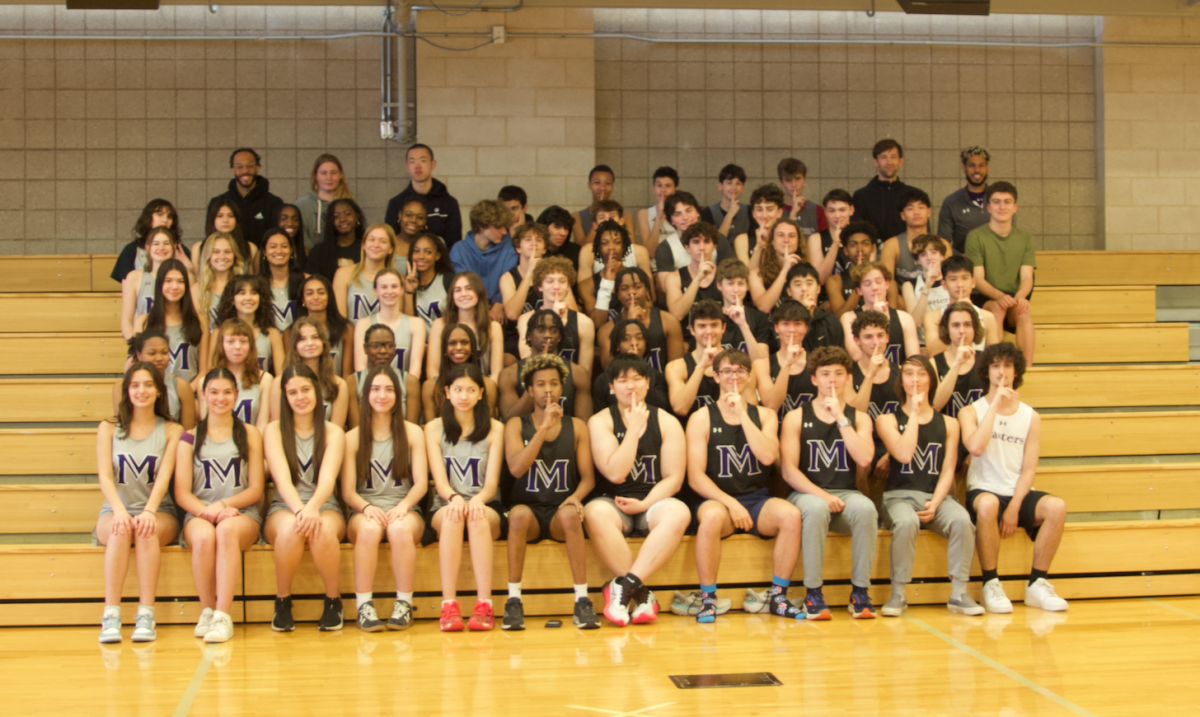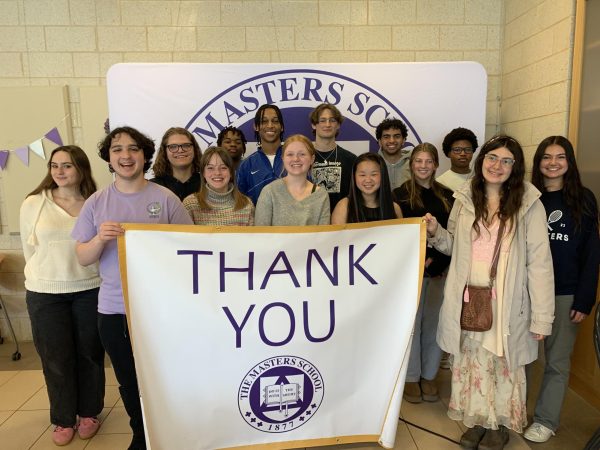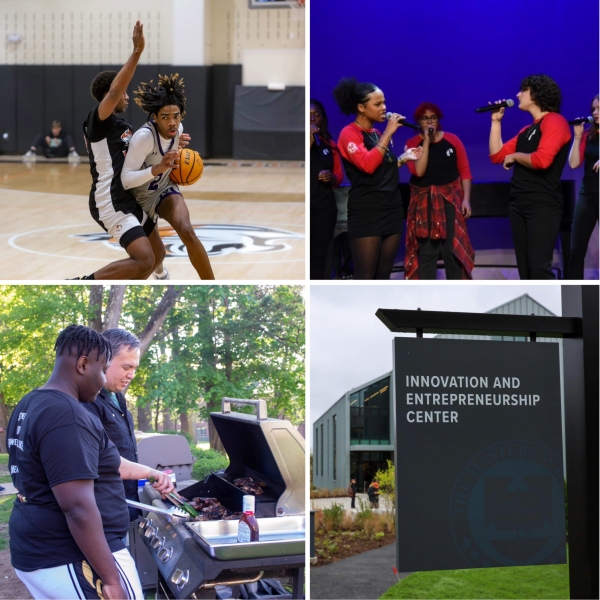Gold Key policy is distracting harkness
December 22, 2018
This year, Gold Key, Masters’ admissions and tour guide club, has been instructed and trained to show prospective families the Harkness method up-close by entering classes taught by History and Religion and English department members in Masters Hall and Science and Math department members on the first floor of Morris Hall. In theory, this idea is foolproof―why not show off this unique, imperative quality to those who wish to see it?
In practice, however, this policy’s implementation has brought along numerous concerns and issues.
In a survey open to all students and faculty who learn in two sample classrooms on Masters Hall’s second floor and who are frequently visited by tours, 54 percent of respondents said that they do not like this new policy, including all teachers who were surveyed. Out of that group, 65 percent suggested that the best way to improve the policy would be to get rid of it all together. Just 17 percent of all student surveyees said that their decision to attend Masters likely would have been significantly influenced had this policy been in place during their tours in previous years. No faculty member surveyed indicated that this policy would have significantly influenced their desire to work here, either.
The way that these “Harkness previews” are conducted has been described by numerous students and faculty as disruptive, disorderly and awkward. The beauty of Harkness includes full-fleshed conversations and sharing spaces that are most effective without the presence of any distractions. These Gold Key tours, however, only bring forth distractions.
These interruptions are almost equivalent to the feeling a student or teacher might have while they are trying to articulate a thoughtful point or message, but hear two students across the table conversing and laughing, or see students on their laptops, uninvested in the class. Students and faculty can commonly agree on the fact that Harkness is effective due to its “flow,” and interrupting it multiple times will distract from the actual purpose behind the learning style itself.
“The needs of current students should come before the needs of potential future students,” an anonymous teacher said. “Teachers were not asked ahead of time how they felt about this policy. When they asked to have it revoked, their request was denied. It is incredible to think that, at Masters, a policy that has such an impact on students and teachers can be implemented without a discussion with either group over their objections.”
Harkness and classes at Masters are incredible resources, but also far from perfect. There are never a full 50 minutes of “ideal Harknessing” in every class, let alone Harknessing at all in some and tests in most. With this concern in mind, it makes sense to mostly tour humanities classes, but does this not also put a greater burden on the members of these two departments than those of others? Inherently, the History and Religion and English faculties will have to add a now-crucial facet to their teaching methods: continuing to foster productive Harkness conversations with a clear, obvious diversion present in the room.
“I think [the policy] makes [prospective families] feel awkward as well, as if they’re intruding. Also, sometimes we are discussing sensitive topics, and it does compromise the perceived ‘safety’ of the space to share ideas in,” noted another anonymous teacher.
As one of the most prestigious secondary schools in the northeastern United States, according to Business Insider, Masters has been able to attract families from all over the world―successfully―for years. The Harkness method, specifically, has been Masters’ crown jewel, an attribute that is marketed and advertised to trump all others. Every single classroom features a large oval table that fosters the discussion-based learning that has become ingrained in the lives of those who sit around it. Students and alumni have described it to be life-changing: a route separate from desks and lectures and towards a more realistic, vibrant setting.
The effectiveness of the Harkness method to students and faculty, in addition to the uniqueness it brings to Masters and the admissions office, is too large to ignore―which is why it must be preserved and unhindered.
As a former prospective freshman and current Masters senior, I have loved and appreciated both the positive, “brochure” version of Masters and its imperfect reality, and I am truly grateful for having the opportunity to experience both of them. The tour I had four years ago―a memorable one that described the Harkness method in perfect detail while I peered through the classroom window and saw fully engaged students―resonated with me deeply and helped me make the right decision about where I wanted to attend high school.
That earlier method, or a very similar variation of it, has proven to be effective for myself and other members of Masters’ current community while simultaneously being efficient for tour guides, the admissions office and prospective families. There are and have been ways for Gold Key to fully display Harkness efficiently and not distract students and teachers during the most important hours of the school day, such as organized “shadow” days for accepted students. An alternative method to―or the elimination of―this current policy should be implemented as soon as possible to enhance the experiences of Masters’ population and its visitors and to allow classes to focus on learning without interruption.
The survey used within this article was a cluster survey, whereby two classrooms within Masters Hall that are frequently visited were specifically selected for this sample. The survey was sent out to the 157 teachers and students who have class in those rooms, and 57 responded.
























